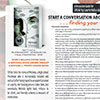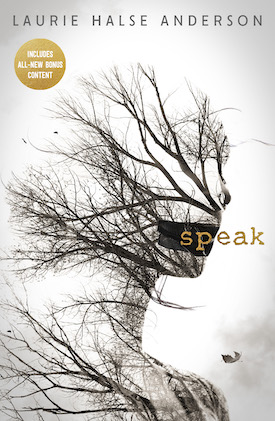Speak: Original Edition
Melinda Sordino busted an end-of-summer party by calling the cops. Now her old friends won’t talk to her, and people she doesn’t even know hate her from a distance. The safest place to be is alone, inside her own head. But even that’s not safe. Because there’s something she’s trying not to think about, something about the night of the party that, if she let it in, would blow her carefully constructed disguise to smithereens. And then she would have to speak the truth. This extraordinary first novel has captured the imaginations of teenagers and adults across the country.
Other Editions:
20th Anniversary Edition (January 15, 2019)
The Graphic Novel
Cuéntalo (Graphic Novel, Spanish)
For more international additions, see the left-hand sidebar below!
Read an ExcerptPraise for Speak: Original Edition
“In a stunning first novel, Anderson uses keen observations and vivid imagery to pull readers into the head of an isolated teenager. . . . Yet Anderson infuses the narrative with a wit that sustains the heroine through her pain and holds readers’ empathy. . . . But the book’s overall gritty realism and Melinda’s hard-won metamorphosis will leave readers touched and inspired.”
—Publishers Weekly, Starred Review
“An uncannily funny book even as it plumbs the darkness, Speak will hold readers from first word to last.”
—The Horn Book, Starred Review
“A frightening and sobering look at the cruelty and viciousness that pervade much of contemporary high school life, as real as today’s headlines. . . . The plot is gripping and the characters are powerfully drawn . . . a novel that will be hard for readers to forget.”
—Kirkus Reviews, Pointer Review
“Melinda’s pain is palpable, and readers will totally empathize with her. This is a compelling book, with sharp, crisp writing that draws readers in, engulfing them in the story.”
—School Library Journal
“A story told with acute insight, acid wit, and affecting prose.”
—Library Journal
“Melinda’s voice is distinct, unusual, and very real as she recounts her past and present experiences in bitterly ironic, occasionally even amusing vignettes. . . . Melinda’s sarcastic wit, honesty, and courage make her a memorable character whose ultimate triumph will inspire and empower readers.”
—Booklist
Frequently Asked Questions
Nobody made much of a big deal about it when it came out, other than it was a National Book Award finalist. No publicity, no advertising, no book tour.
The first group of teachers and librarians who read it started to share it with teen readers and were stunned by the feedback they got. Kids who hated reading finished it in one night and asked for another book like it. Incredible powerful conversations grew out of the book and within a few years it started to be placed in curriculum.
The censorship controversies that arose really helped frame the national discussion; what do we want our kids to be reading and why? I’m incredibly proud to have written a story that has played a part in giving our kids an entire world of literature that they love.
(from Laurie’s Goodreads Q&A)
Me. About 10% of the story is based on what I went through after my sexual assault, which happened the summer before 9th grade. (Very different circumstances than Melinda’s rape.)
I started with the depression I struggled with because I didn’t tell anyone either. Then Melinda showed up in my imagination and made the story her own.
(from Laurie’s Goodreads Q&A)
Take your time and practice good self-care. Make sure you are putting healthy things in your life, like exercise and time with friends. Books that explore difficult topics take a lot of energy.
(from Laurie’s Goodreads Q&A)
I would ask them why they are afraid to talk to their kids about sexual violence.
Every two minutes, someone in America is sexually assaulted. About 17% of American women and 3% American men have been sexually assaulted. 7% of girls in grades 5-8 and 12% of girls in grades 9-12 said they had been sexually abused. And juvenile victims know their assailant in 93% of cases.
Parents must face up to their responsibilities to prepare their children about the dangers of the world. They must get over their own squeamishness about discussing human sexuality in order to do so. If more boys were taught by their parents what sexual consent is, and that it is required – ALWAYS – we’d have less sexual violence.
If girls and women felt safer to speak up after a sexual assault, and the judicial system was prepared to consistently prosecute and punish rapists, then we’d begin to see those horrible numbers go down. (Lots more very good Statistics can be found here: https://www.rainn.org/statistics)
Some parents cringe at the idea of talking to their kids about these things. I have no patience for that. Who they want to be educating (and miseducating their kids about these things? Music videos? Internet porn? Locker room BS?
It’s hard to be a parent. It’s a whole lot harder to be the parent of a kid who has been sexually assaulted, or who is in jail after being found guilty of sexual assault. SPEAK opens the doors to some of the most important conversations a family will ever have.
(from Laurie’s Goodreads Q&A)
Unlike a lot of adults, I vividly remember what it was like to be a teenager. I think that is my superpower.
(from Laurie’s Goodreads Q&A)
I think it should be eliminated. Rape is rape; doesn’t matter the context.
If a bad guy steals your wallet at the end of a date, do we call it a “date mugging?” Do we allow “date murders” to be treated differently than murders that don’t happen after a date?
Of course not.
(from Laurie’s Goodreads Q&A)
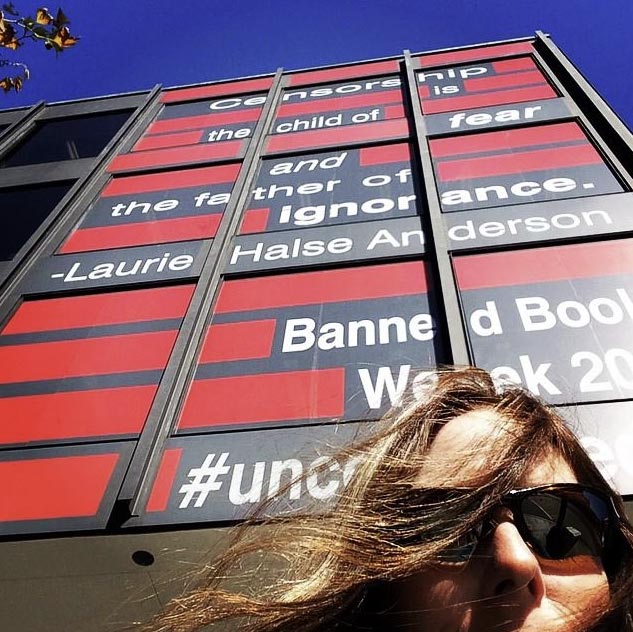 I wrote Speak when my oldest daughter went to middle school. It helped me break the twenty-five years of silence I’d maintained after my sexual assault. It has become a book that all families can use to talk to their kids about harsh realities of life, and the legal and moral rules that govern consent and sexual intimacy. It’s amazing what can happen when you find your voice.
I wrote Speak when my oldest daughter went to middle school. It helped me break the twenty-five years of silence I’d maintained after my sexual assault. It has become a book that all families can use to talk to their kids about harsh realities of life, and the legal and moral rules that govern consent and sexual intimacy. It’s amazing what can happen when you find your voice.
Yes. I never developed a clinical eating disorder, but for decades I had a very confused image of myself, and I put way too much emphasis on how I looked. I remember the self-hatred and the terrible thoughts. Writing Wintergirls was one of the hardest things I’ve ever done, but it was one of the healthiest, too. I have finally made peace with my body, and that has allowed the real me—my spirit, my intellect, and my heart—to soar.


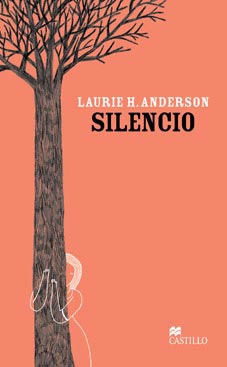
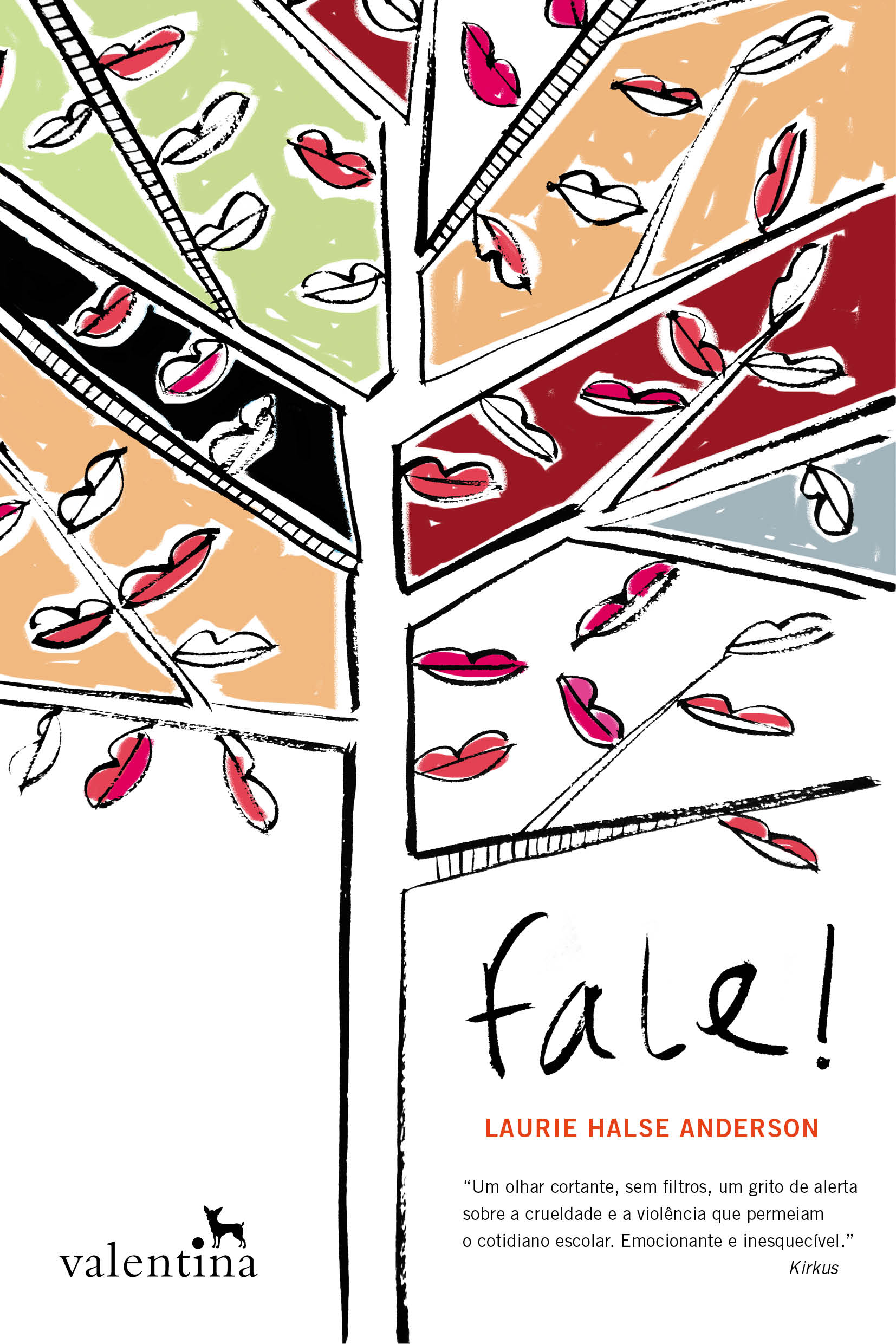 Portugese
Portugese 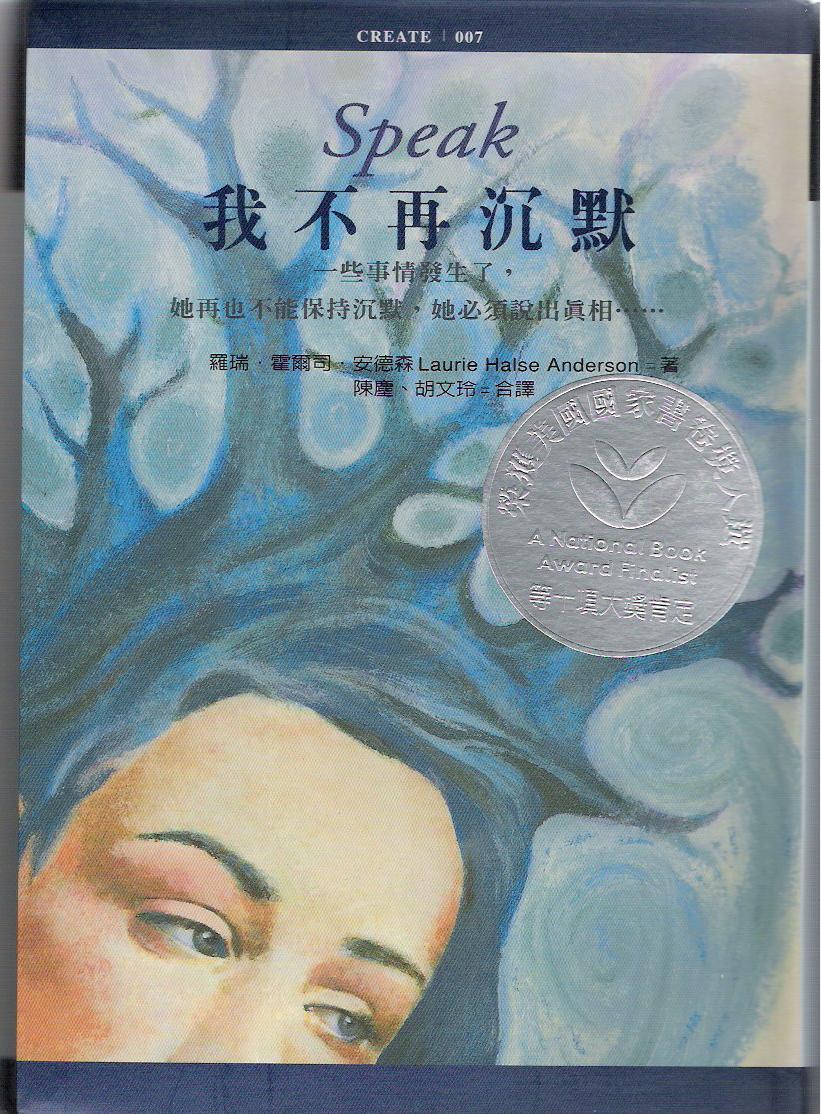 Chinese
Chinese 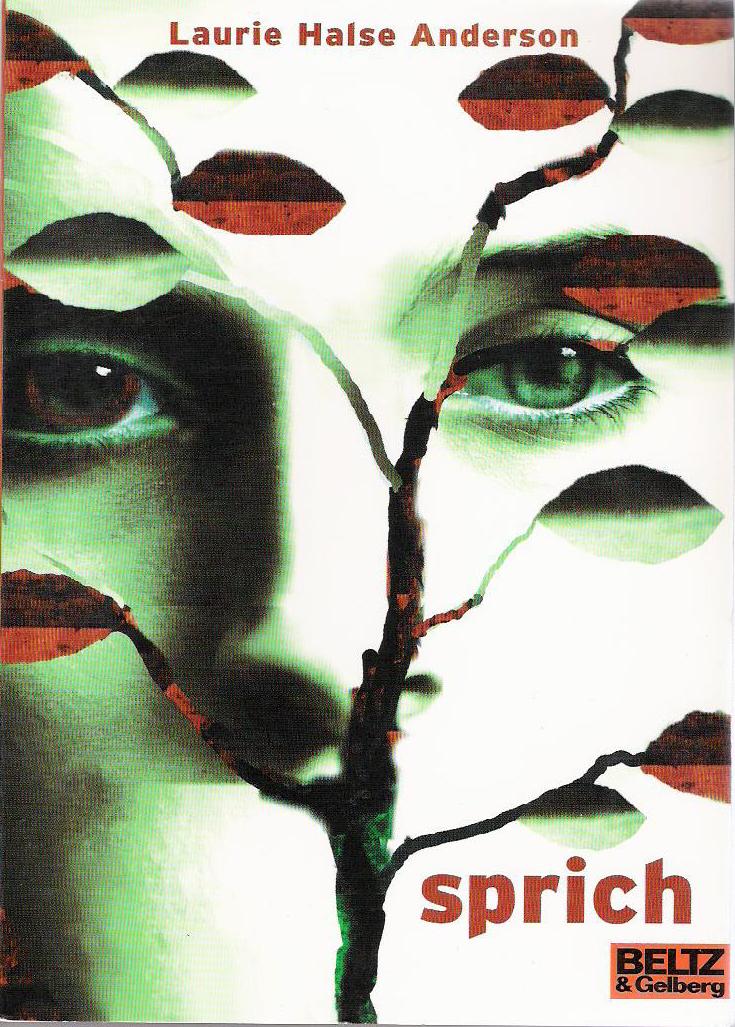 German
German 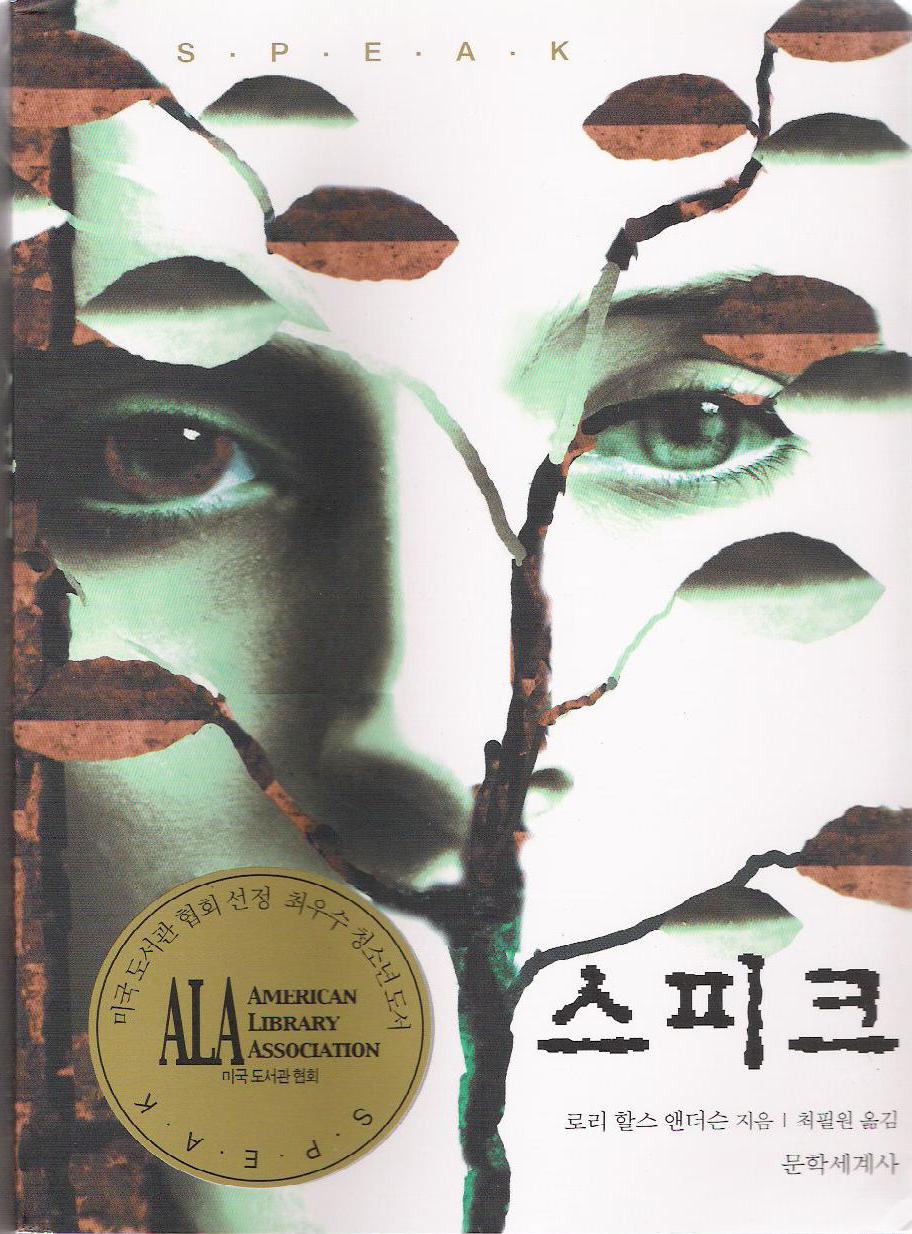 Korean
Korean 